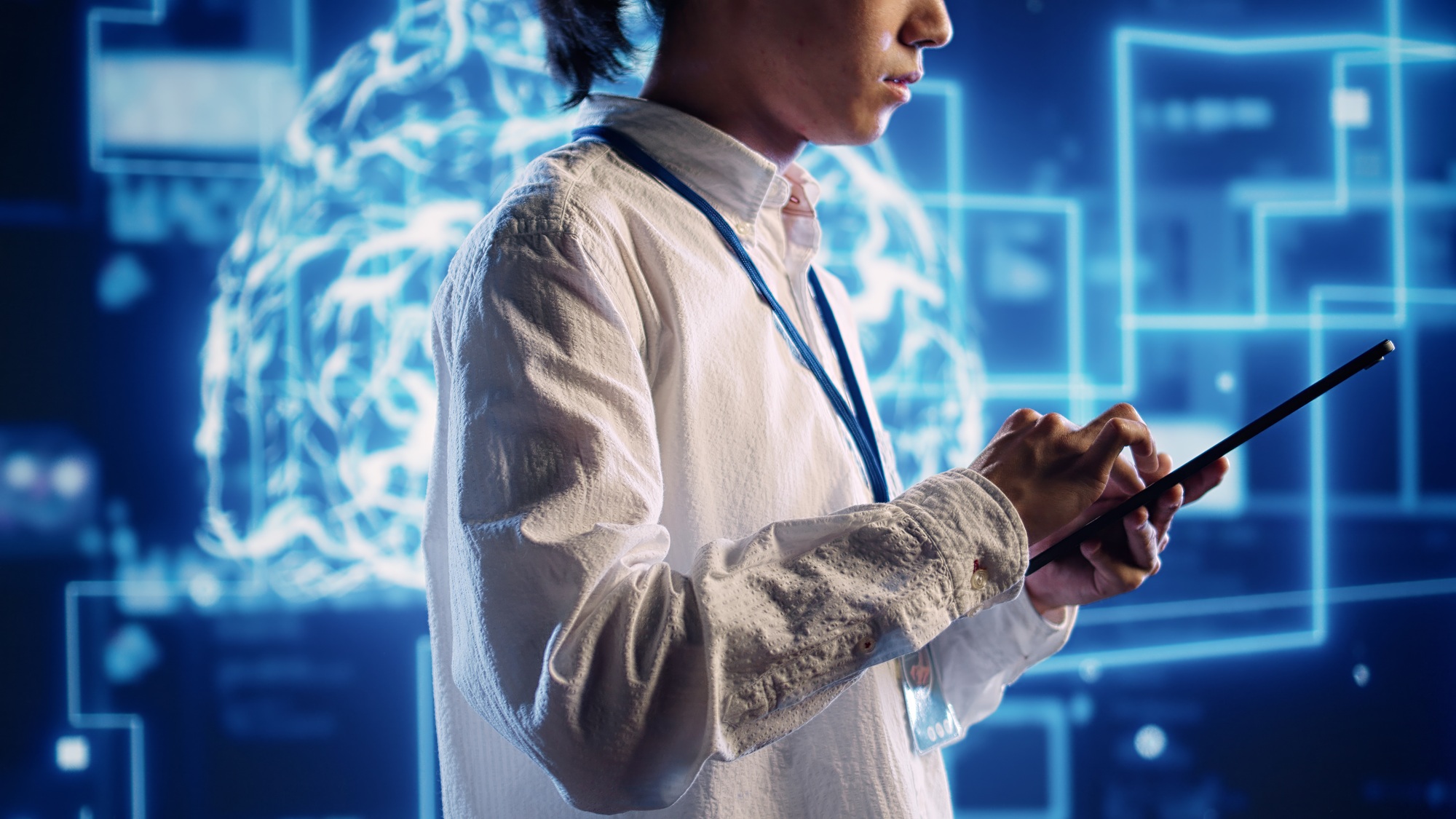The rapid advancement of artificial intelligence is sparking a profound transformation in how humans build and maintain trust in digital and real-world interactions. Today, new developments highlight AI’s expanding role in shaping social bonds, fostering transparency, and redefining the boundaries of human relationships in the modern era.
Over recent years, AI technologies have increasingly integrated into daily life, from social media algorithms and personal assistants to customer service bots and health diagnostics. This integration has accelerated the shift in social dynamics, prompting discussions among experts about AI’s potential to either strengthen or undermine trust.
The latest insights from a recent publication emphasize how AI is at the core of what is being called the “Trust Revolution.” This movement aims to leverage AI’s capabilities to enhance transparency and reliability in human interactions. For instance, AI-driven verification systems and blockchain-based identity solutions are being used to improve authenticity and reduce misinformation, thereby fostering greater confidence in digital transactions and social exchanges.
Moreover, AI’s role in personalizing experiences is reshaping how individuals perceive trustworthiness. By analyzing vast amounts of data, AI can tailor interactions and predict behaviors, which can either increase comfort and familiarity or raise concerns about privacy and manipulation. This dual impact is prompting policymakers and technologists to carefully consider ethical frameworks and regulations to ensure AI’s benefits are maximized without compromising fundamental human values.
The implications of this trust transformation extend beyond individual relationships. Organizations and governments are exploring AI applications to improve public trust in institutions, enhance security, and promote social cohesion. For example, AI-enabled systems are being deployed to detect fraud, prevent cyber-attacks, and manage public information campaigns during crises, demonstrating the broad societal impact of this technological shift.
Experts are watching closely as AI continues to evolve, with many emphasizing the importance of transparency and accountability in AI development. The market response indicates a growing investor interest in AI-driven solutions aimed at trust-building, signaling a robust future for AI in social and economic spheres.
Looking ahead, the focus will likely remain on balancing innovation with ethical considerations. Future developments in AI are expected to deepen its integration into human life, potentially creating more seamless, trustworthy interactions—yet with ongoing vigilance to prevent misuse or erosion of trust.
What is the main goal of the Trust Revolution driven by AI?
The main goal is to leverage AI’s capabilities to improve transparency, authenticity, and reliability in human interactions, thereby strengthening trust across various domains.
How does AI contribute to building trust in digital platforms?
AI enhances trust by providing verification systems, reducing misinformation, personalizing experiences, and detecting fraud, which collectively foster a more secure and reliable digital environment.
What are the ethical challenges associated with AI in trust-building?
Ethical challenges include privacy concerns, potential manipulation, bias, and the need for transparency and accountability to ensure AI benefits are ethically aligned with human values.







